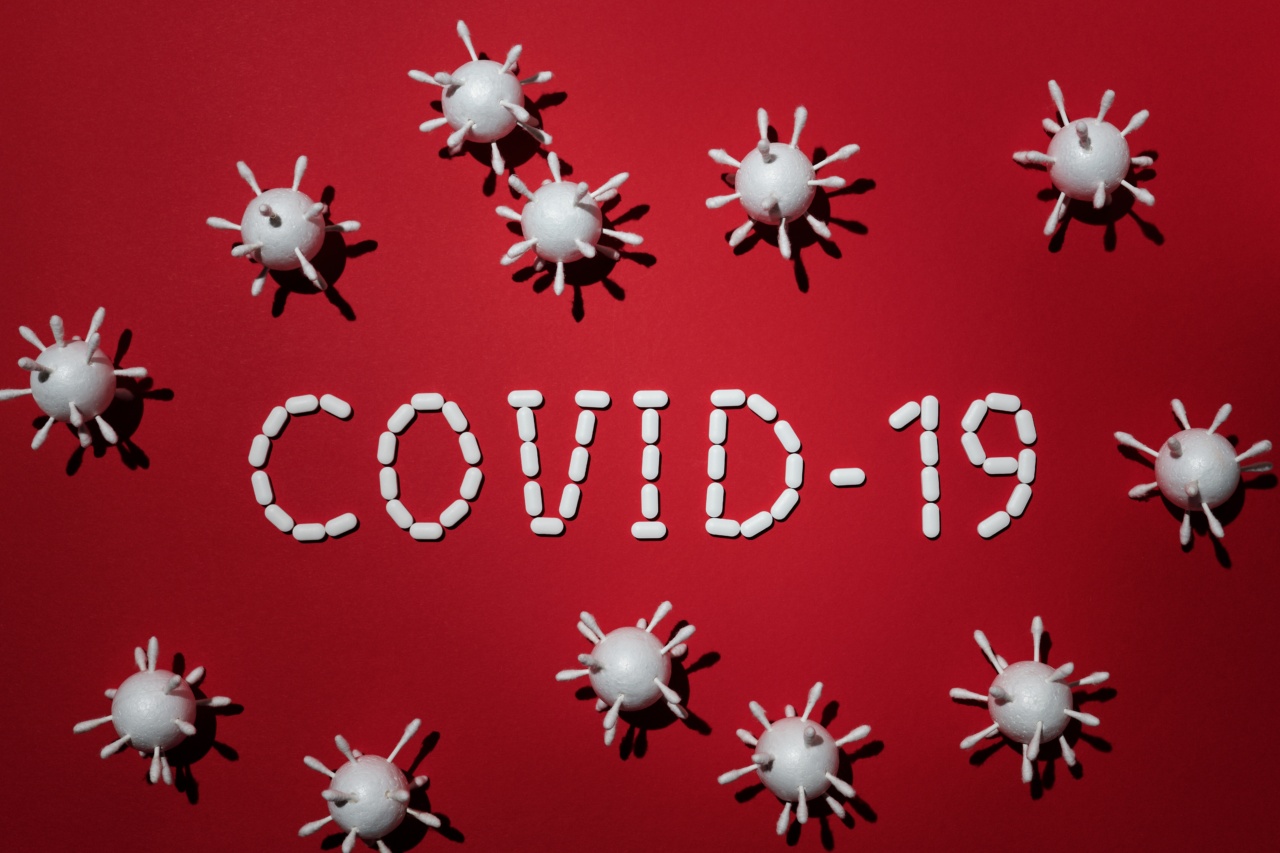The world was devastated when it lost legendary physicist Stephen Hawking in 2018. His life was a constant struggle with Amyotrophic Lateral Sclerosis (ALS), a progressive neurodegenerative disease that eventually led to his death.
However, a new study suggests that bacterial intervention could have extended his life.
What is Amyotrophic Lateral Sclerosis (ALS)?
Amyotrophic lateral sclerosis (ALS) is a debilitating disease that affects the nerves and muscles in the body. It is a progressive disease, meaning it gets worse over time.
The disease kills nerve cells in the brain and spinal cord, which leads to muscle wastage, weakness, and eventually paralysis. There is no known cure for ALS, and most patients die within two to five years of diagnosis.
Stephen Hawking’s Battle With ALS
Stephen Hawking was diagnosed with ALS at the age of 21. He was given only two years to live, but he defied the odds and lived for over 50 years. Hawking’s case was unusual because he lived with ALS longer than any other person in history.
The disease left him paralyzed, confined to a wheelchair and unable to communicate without the use of a speech synthesizer. However, he continued to make groundbreaking contributions to the field of physics, including the theory of black holes and the origins of the universe.
The Study
The new study by scientists at Harvard Medical School and Massachusetts General Hospital suggests that bacteria found in the gut may play a role in the progression of ALS.
The researchers found that patients with ALS had a distinct gut microbiome compared to healthy individuals. The gut microbiome is the collection of microorganisms residing in the human digestive tract. These microorganisms play a crucial role in regulating our immune system, metabolism and even our brain function.
The researchers found that patients with ALS had a decrease in the abundance of certain bacteria in their gut microbiome, including Akkermansia muciniphila and Lactobacillus.
These bacteria have been shown to produce short-chain fatty acids, which have anti-inflammatory properties and can protect against neurodegenerative diseases such as ALS.
The researchers conducted a series of experiments on mice with a genetic mutation that causes ALS. They found that the mice had an altered gut microbiome compared to healthy mice.
However, when the researchers treated the mice with a mixture of gut bacteria, including Akkermansia muciniphila and Lactobacillus, they found that the mice had a slower progression of ALS and lived longer than the untreated mice.
What Does This Mean for ALS Patients?
The study provides hope that new treatments for ALS may be developed in the future. Bacterial intervention could potentially be used to slow the progression of the disease and extend the lives of ALS patients.
However, more research is needed to confirm the findings and to determine the optimal mixture of bacteria for treatment.
The study also opens up new avenues of research into the link between gut health and neurodegenerative diseases. The gut microbiome has been shown to play a role in a range of conditions, including depression, anxiety, and Parkinson’s disease.
The findings suggest that the gut microbiome may have a more significant impact on our health than we previously thought.
Conclusion
The new study by Harvard Medical School and Massachusetts General Hospital provides hope in the fight against ALS. By linking the gut microbiome to the progression of ALS, the researchers have opened up new avenues of research into the disease.
The study suggests that bacterial intervention may be a potential treatment for ALS in the future.






























